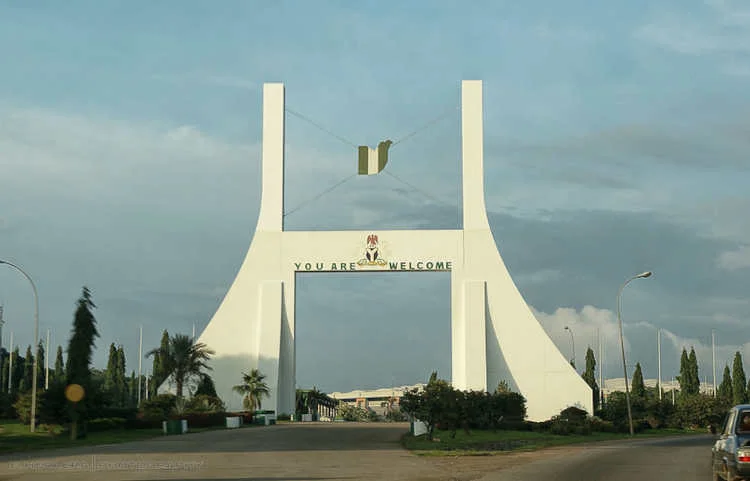With nearly two million people living there, Nigeria’s original residents confront an uncertain future defined by state-sponsored land grabs, political marginalization, and the erasure of cultural identity as the country’s administrative capital grows and modernizes.
With ramifications for Nigeria’s social stability, land governance, and investment climate, their predicament is currently under worldwide observation.
A somber assessment of the “looming extinction” of Abuja’s indigenous peoples was presented by the Resource Centre for Human Rights & Civic Education (CHRICED) during the 18th Session of the UN Expert Mechanism on the Rights of Indigenous Peoples, which was held in Geneva.
These groups, called as the Original Inhabitants (OIs), who are made up of nine tribes and seventeen chiefdoms, formerly have ancestral rights to the territory that is now the shining capital of Nigeria.
“The FCT’s indigenous peoples are being systematically erased—politically, economically, and culturally,” said Dr. Ibrahim Zikirullahi, Executive Director of CHRICED.
With the help of the MacArthur Foundation, he led a group of six people to the UN’s Palais des Nations to make the case to world experts.
The issue has both economic and legal roots. Large tracts of land were taken from these communities by Military Decree No. 6 of 1976, which was implemented during the administration of General Murtala Mohammed. The FCT is a projected seat of government that is meant to replace Lagos.
The decree placed the land under federal authority and took away traditional ownership without paying any compensation.
Entire populations were forcibly relocated without a formal relocation plan as a result, a mistake that has been overlooked by succeeding administrations.
CHRICED contends that the cost of this dispossession is not just humanitarian but also financial.
Abuja has a thriving land and property market, which is likely one of the most profitable in West Africa, yet the original residents are not allowed to participate.
Public-private real estate developments, infrastructural investments, and international diplomatic presence are now concentrated in the FCT. However, the people whose land this development is located on continue to be poor and marginalized.
According to Dr. Zikirullahi, “it is not just a matter of justice” in Geneva. The stability of the country is at stake. Burying its foundations on unresolved injustice would not allow any capital city to flourish sustainably.
Disenfranchisement in politics was also discussed in CHRICED’s presentation. Abuja’s OIs lack complete political representation, despite their size.
The FCT lacks the same constitutional standing as the other 36 states in Nigeria, and its indigenous populations are frequently left out of decisions pertaining to social services, infrastructural development, and land use.
Although the Supreme Court has upheld these communities’ rights to recognition and restitution, implementation has been slow. This legal stagnation, according to CHRICED, is a reflection of larger governance issues, such as a lack of political will, corrupt bureaucracy, and a policy culture that prioritizes urban growth above community preservation.
Read Also: Paul Ibe Says Atiku’s Resignation Was Exposed by Internal PDP Opponents
The ramifications are not only theoretical for investors. Conflicts over land are a major source of business disruption in Nigeria, especially in industries like extractives, construction, and agriculture.
Inaction on the part of impacted communities, particularly those with unresolved claims, may lead to legal action, harm to one’s reputation, and delays in projects.
“Respect for the rights of the people who originally owned the land is necessary for sustainable investment,” Dr. Zikirullahi stated.
The Nigerian government was urged by CHRICED to embrace a framework that incorporates community-generated data in planning and policy, as well as to draw attention to the issue of data sovereignty.
In Abuja, where demographic data frequently overlooks the unique socioeconomic circumstances of indigenous communities, this is especially critical. Developing interventions to address cultural loss, unemployment, and displacement is practically impossible without precise, community-led data.
Geneva’s warning coincides with Nigeria’s ongoing struggles over indigenous rights, land reform, and federal structure. Given the city’s high youth population and growing calls for decentralization, Abuja’s unsolved indigenous dilemma runs the potential of serving as a catalyst for more widespread upheaval.



